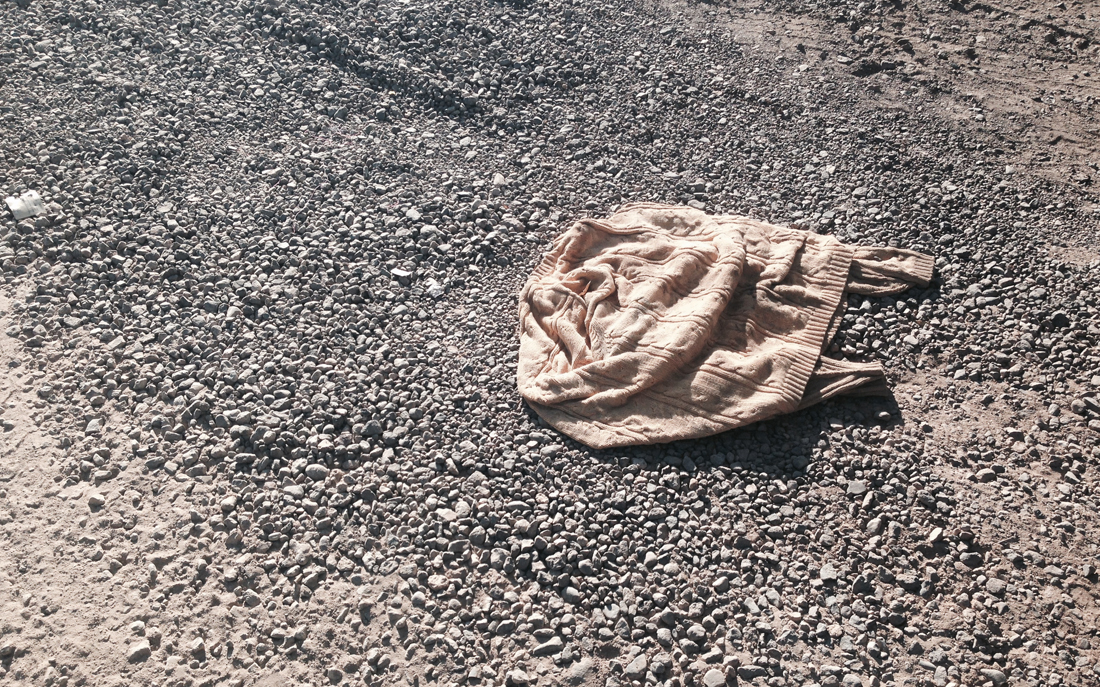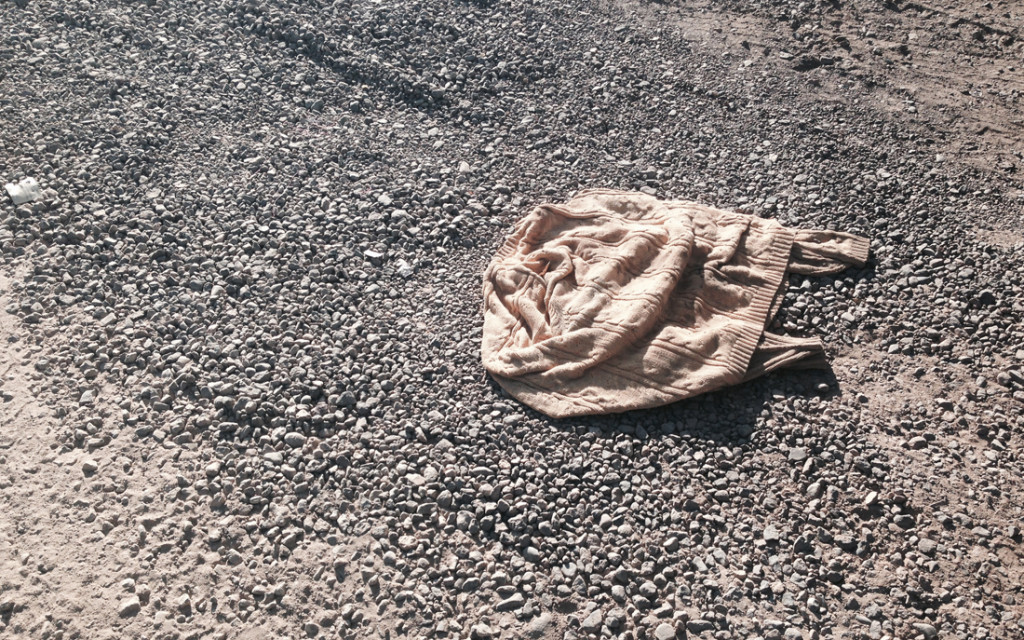On 27th April 2012, Mike Barry, Head of Sustainable Business at M&S and Kate Fletcher, Reader in Sustainable Fashion at London College of Fashion discussed wide ranging themes associated with fashion and sustainability as part of the launch of M&S’s ‘Shwopping’ recycling initiative and the two week creative ‘Shwop Lab’ co-ordinated by the Centre for Sustainable Fashion in Dray Walk, London to explore shwopping design implications.
The conversation, described by one journalist as one of the most interesting and wide-ranging she’d ever heard on fashion and sustainability, has been edited into four podcasts available for download.
Part 1 covers broad themes in fashion and business:
- Different ways to experience fashion – how are they influenced by business models? How does M&S’s shwopping initiative relate to this?
- Statistics about global levels of consumption – and asks how they will be clothed.
- Shwopping goes some way towards closing the loop – a pragmatic solution to clothing people in the future.
- Consumption: requires a new balance between long and short-term objectives and involves hard choices: how can society be organised in a different way?
- How can resources be maximised for the common good?
- Many big businesses now recognise that they cannot go on as before. M&S engaged in a consumption model over the last 30 years – it needs new models and new collaborations. How should we talk about sustainability to the board?
- The different challenges associated with different types of consumers.
Part 2 explores the themes of local manufacture:
- Localism
- Bringing manufacturing back to UK
- Whether Shwopping could create a fibre resource in the UK
- Human scale important to sustainability: connections to land, to community.
- Different business models which include local: hyper efficient global; hyper local and the disruptive effect of environmental impact on ways of conducting commerce.
Part 3 covers brands and consumers:
- The role of the big brands in fashion and sustainability
- Brands are getting better at communicating sustainability. M&S good at functional discussion around sustainability. The challenge is the cultural and emotional discussion.
- Shwopping is the beginning of this different discussion in M&S and leading change rather than reacting to it.
- But it is still framing people as individual consumers – rather than drawing people together in a connected effort.
- More clothes are bought than discarded every year… wardrobe obesity
Part 4 includes discussion of recycling and related issues:
- The relationship between Shwopping and other clothing and textile recycling schemes – how can we gain access to unwanted fibre and facilitate the process of recycling?
- Has the current model of recycling clothing reached a natural plateau? Is the inertia in recycling functional or emotions? Linked to our psyche?
- Competition for resources means that materials have a greater value.
- What is the role of design in take back schemes? What are the design for recycling criteria?
- Design for recycling criteria. In order to extract maximum value build in a way of thinking that allows to plan for multiple future uses.
- Does recycling justify the existing business model? Also have to promote intensive, joyful, ongoing use.



2 Comments
What a great initiative – well produced! We have a wee event here in Vancouver that is along those lines. (I have no association with them – just an FYI)
http://swapvancouver.tumblr.com/
Best,
Christi
[…] She points out that our problem is not that we are too materialistic, but that “we’re not materialistic enough.” As stewards of this earth, we ought to truly value the materials on it and should seek to […]